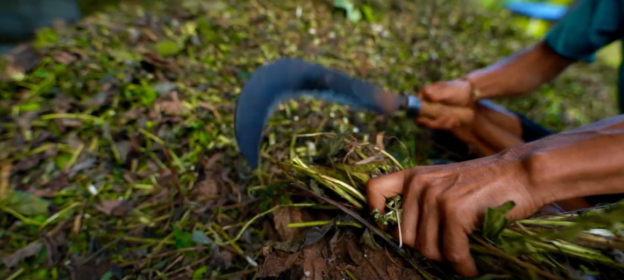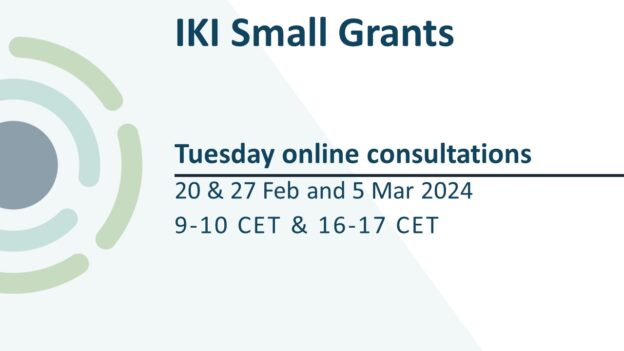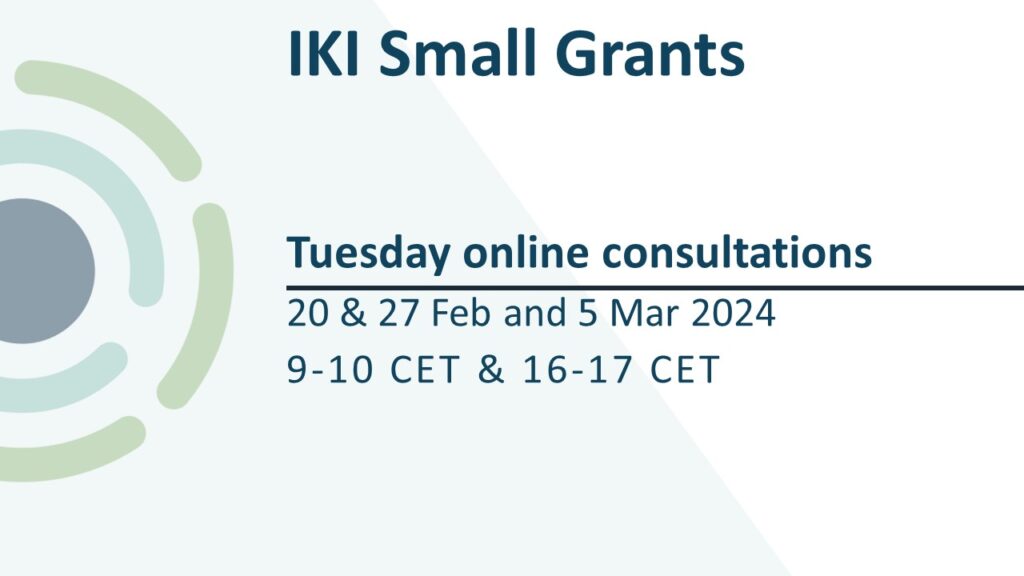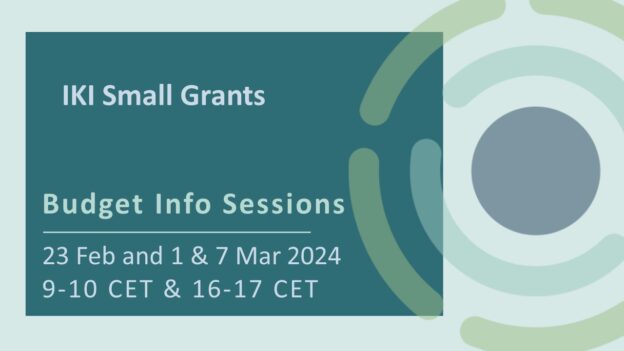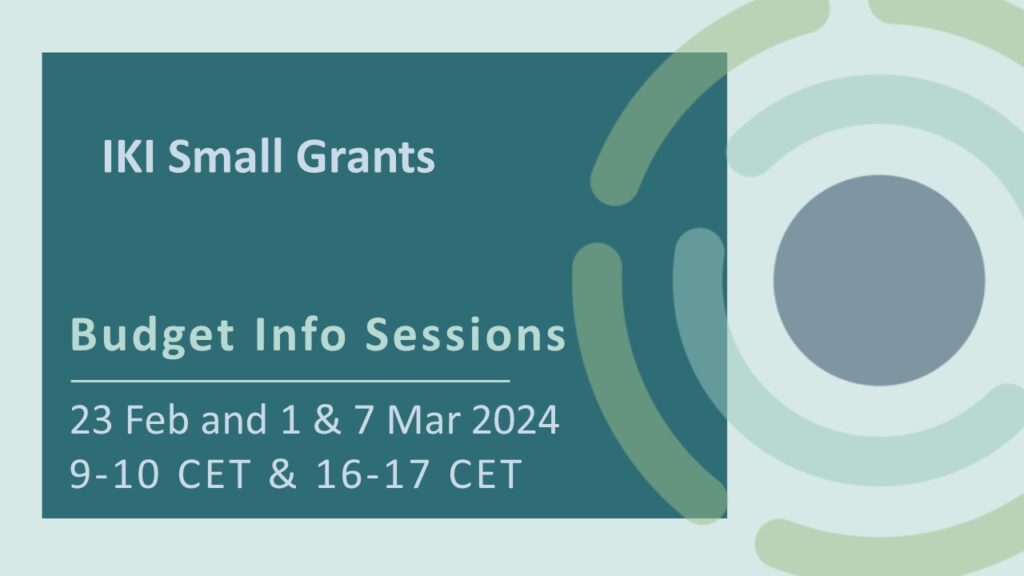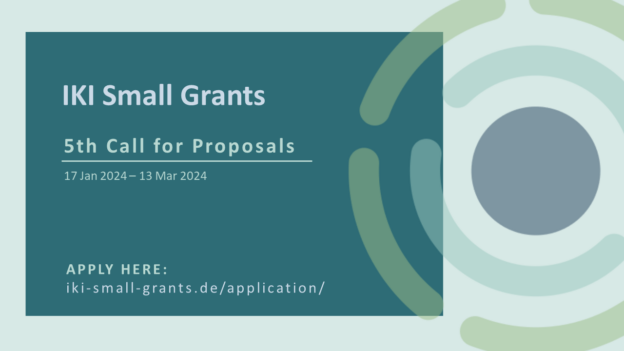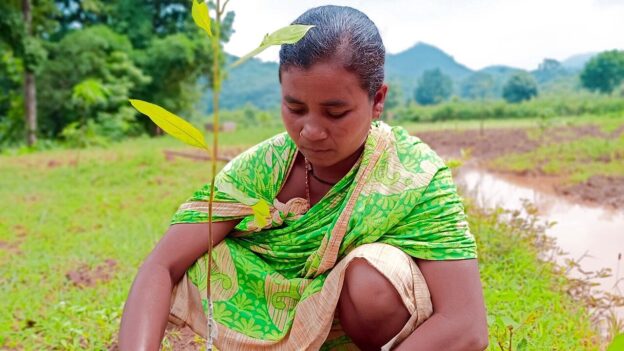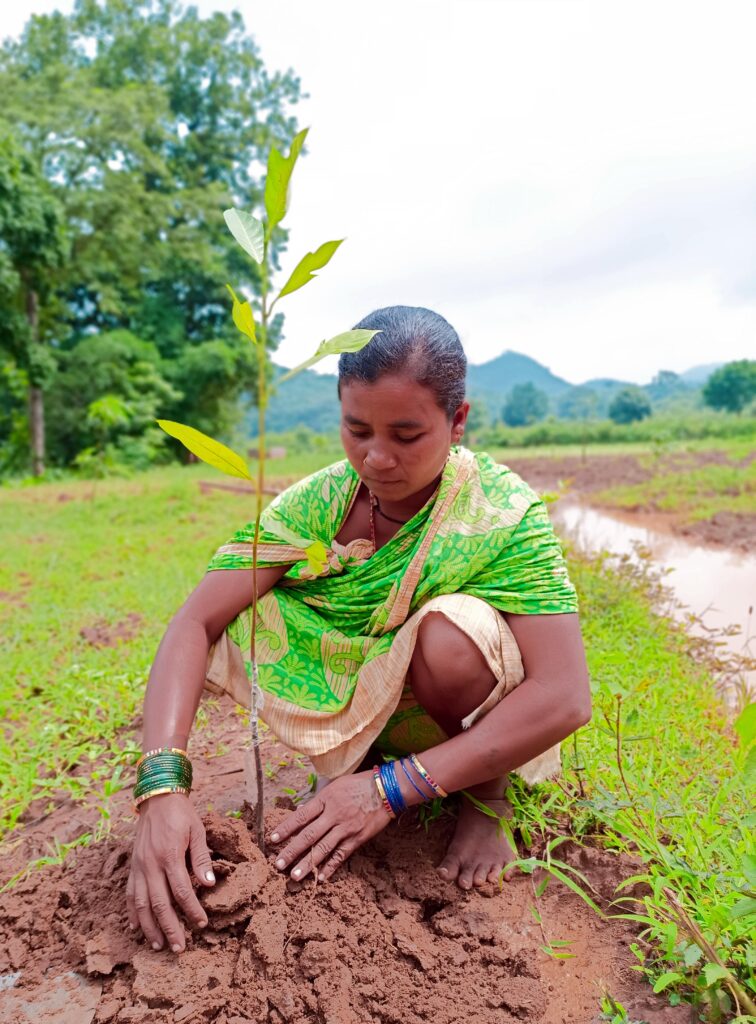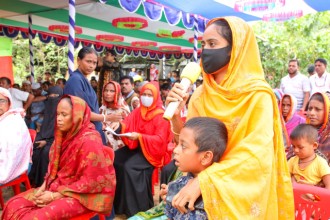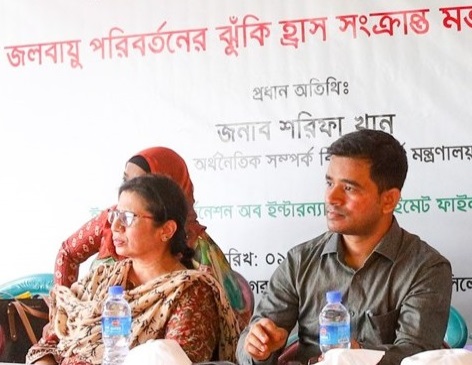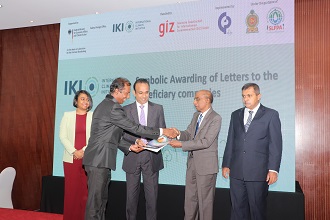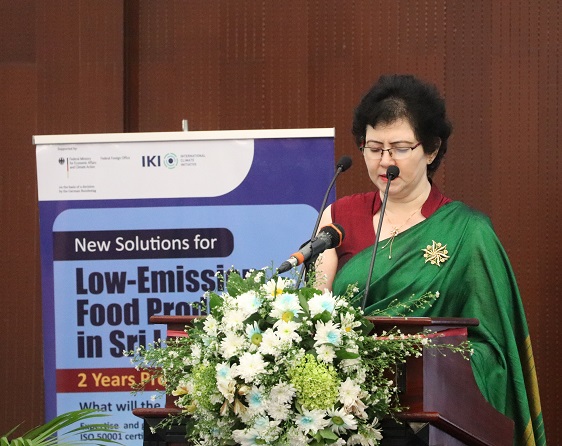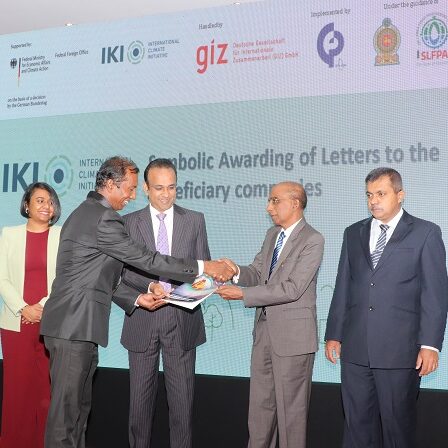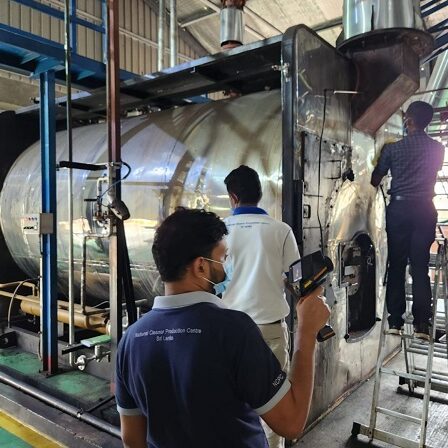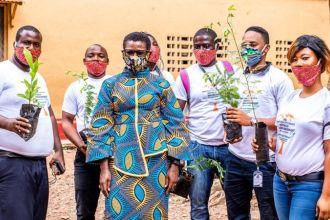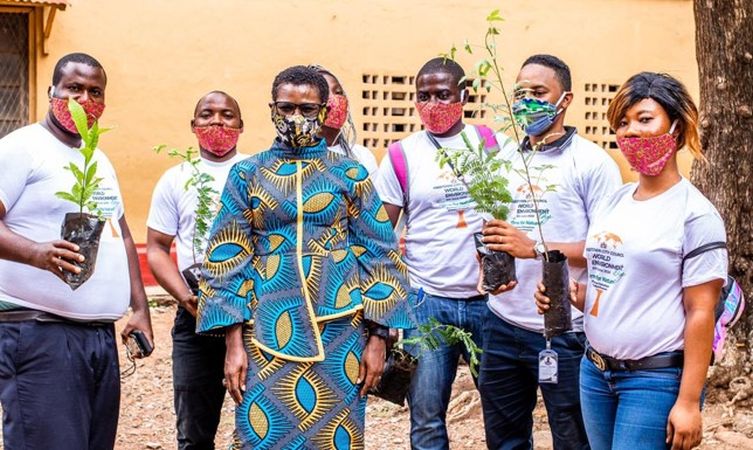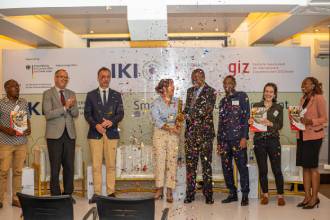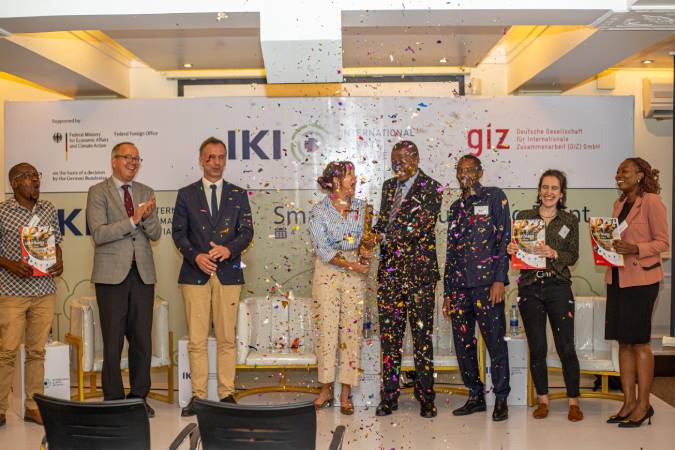Two impactful projects supported by IKI Small Grants were prominently featured at the recent UN Ocean Conference, highlighting innovative approaches to biodiversity conservation and community empowerment. Under the motto “The ocean is not only the cradle of life, it holds the keys to an equitable and sustainable future”, the Ocean Decade Week took place in Barcelona, Spain 8th – 12th April 2024, hosted by the Spanish government. Among the many activities happening around the city, the Ocean Decade Conference was the highlight of the week, bringing together projects, communities and partners all around the world to evaluate the progress of the decade. In the framework of the UN Decade of Ocean Science for Sustainable Development (2021-2030), the year 2024 marked the fourth year of implementation. Under the leadership of UNESCO’s Intergovernmental Oceanographic Commission (IOC/UNESCO) on behalf of the United Nations System, the Ocean Decade has already catalysed more than 350 national and regional projects, and formalised close to 100 contributions of financial resources to work towards the Ocean Decade Challenge.
Representatives from Sea Sense in Tanzania and Reef Check Malaysia shared their experiences, showcasing the vital role of local initiatives in achieving global ocean sustainability goals by directly engaging with communities, addressing local environmental and social issues, and implementing sustainable practices. These grassroots initiatives, supported by IKI Small Grants, are vital for translating global ocean sustainability goals into actionable local solutions.

Bridging biodiversity and gender equality in Tanzania
Dr. Lindsey West, Technical Advisor for Sea Sense, attended the conference to present the project “Empowering female fish workers for participatory coastal management in Tanzania”, an initiative that tackles the intersection of biodiversity loss and gender inequality in Tanzania. Their work aligns well with Challenge 2 of the Ocean Decade Challenge (Protect and Restore Ecosystems and Biodiversity) and emphasizes the human dimensions of ocean sustainability. Her contributions to the Challenge 2 White Paper discussions were well-received, leading to her invitation to participate in the final review.
West participated in various events focusing on Ocean Literacy and transdisciplinary approach, two of the main concepts of the Vision 2030 Outcomes Report. The sessions underscored the necessity of “understanding our individual and collective impact on the ocean and its impact on our lives”, she said.
Two key takeaways for West were the evolution of ocean literacy and its role in promoting sustainable practices, and the empowerment of women in ocean sciences. Additionally, she is aiming to contribute to the Vision 2030 process and engage with UNESCO to enhance Sea Sense’s impact.
West also showcased the importance of IKI Small Grants by discussing how the IKI Gender Strategy and Guidelines have guided Sea Sense’s projects. This endorsement highlighted the significant support IKI Small Grants provides in advancing gender equality and biodiversity conservation.

Empowering local communities in Malaysia
Adzmin Fatta, Programme Manager for Reef Check Malaysia, shared insights on their “Coral restoration toolkit for community-based action at the east coast of Sabah” project, funded by IKI Small Grants. His presentation emphasized a science-based approach to empowering local communities in marine conservation, aligning with Ocean Decade Challenge 1 (Ocean Literacy).
Before the main conference, Fatta attended a satellite event at the Institut De Ciencies del Mar, where he participated in a session on global ocean literacy initiatives. The event provided valuable insights into various efforts aimed at enhancing ocean literacy among different stakeholders, including an initiative that engaged surfers in plastic cleanup efforts and also featuring Reef Check Malaysia’s approach.
During the conference, his presentation underscored the importance of involving indigenous and local communities in marine biodiversity conservation. The White Paper for Challenge 2, which incorporated these aspects, received positive feedback and will be revised based on inputs from the conference.
The conference provided networking opportunities. It was “a good reassurance that everyone is doing their part to contribute to a global effort”, Fatta affirmed. He was able to attend the conference thanks to capacity building funding by IKI Small Grants.

The participation of Sea Sense and Reef Check Malaysia in the UN Ocean Conference, facilitated by IKI Small Grants, underscores the critical role of community-based initiatives in global ocean conservation efforts. Both Dr. Lindsey West and Adzmin Fatta demonstrated how local action, supported by international funding and strategic guidance, contribute significantly to the Ocean Decade Challenges. Their testimonies highlighted the importance of integrating human dimensions into ocean sustainability and showcased the tangible impacts of IKI Small Grants in fostering innovative and inclusive conservation practices.


